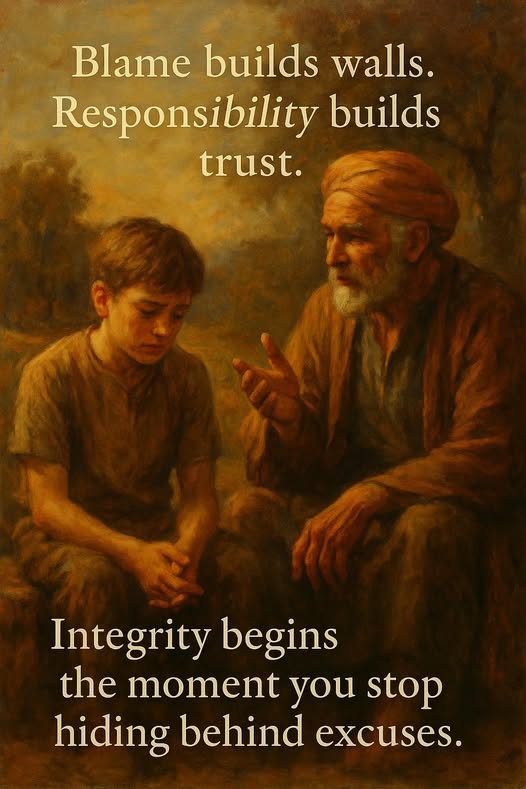
(When Blame Is Easier Than Ownership)
It was a week before the school exhibition.
The classroom buzzed with excitement and the faint smell of glue, cardboard, and markers. Posters were half-done, models were being built, and every group had something in progress.
As class monitor, Emil had volunteered to coordinate the project planning board. His task was to make sure each group had materials, deadlines, and tasks aligned. He had worked hard—but something slipped through.
The science group had been promised a set of solar panels for their clean energy model. But they never arrived. A note Emil had scribbled in his journal as a reminder had gone unnoticed, buried beneath doodles and to-do lists. The group showed up on the morning of the dry run—empty-handed.
Their leader, Sana, was on the verge of tears.
“We told you we needed them before today, Emil! Why didn’t you remind the staff?”
Everyone in the room turned to look at him.
He could feel the heat rising in his chest. His first instinct was to deflect. “Well, didn’t you also say your dad might bring some? Maybe that was the plan—”
But before he could finish, Grandfather’s voice echoed in his memory, something he had once said under the old tree in their backyard:
“The strongest people aren’t those who never fall, Emil. They’re the ones who stand up and say, ‘That was me. I’ll make it right.’ Blame builds fences. Responsibility builds bridges.”
Emil swallowed hard.
“You’re right,” he said to Sana. “It was my fault. I noted it down but never followed up. I should have made sure it happened.”
The room went quiet.
“Is there any way we can still get them?” he asked the teacher.
The teacher nodded slowly. “If someone goes to the supply room now and works with the custodian, you might still have time.”
Without waiting, Emil grabbed his coat. “I’ll go.”
That afternoon, the solar panels arrived. The science group beamed with gratitude. But more than that, something else had shifted—Emil had passed a different kind of test. Not the kind where marks were given, but the kind where character is revealed.
Later that evening, Grandfather sat beside him as they watched the sunset from the porch.
“You didn’t just solve a problem today,” he said quietly. “You owned it.”
Emil didn’t reply. He didn’t need to.
The weight of his responsibility had been heavy—but somehow, telling the truth made him lighter.

